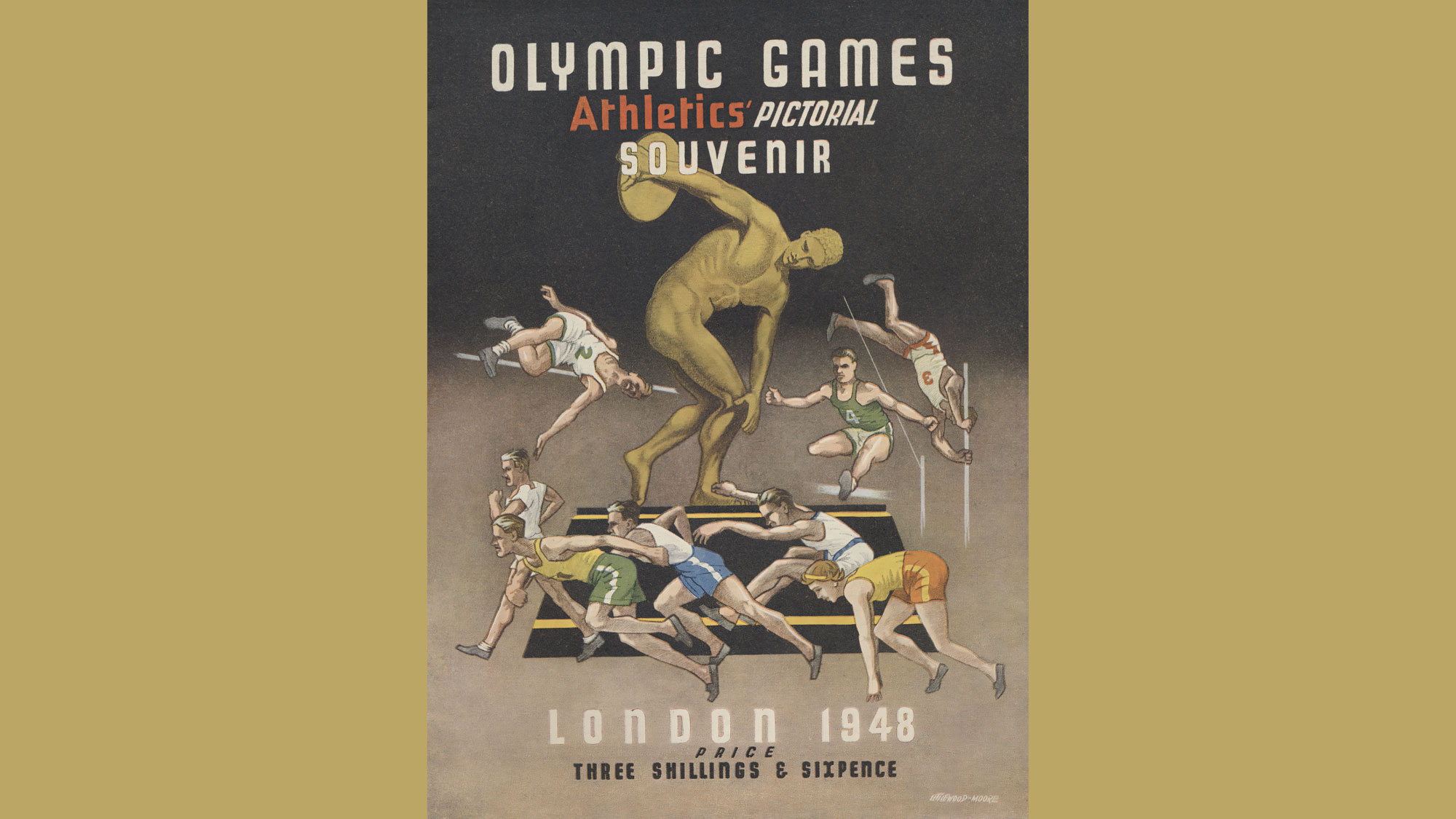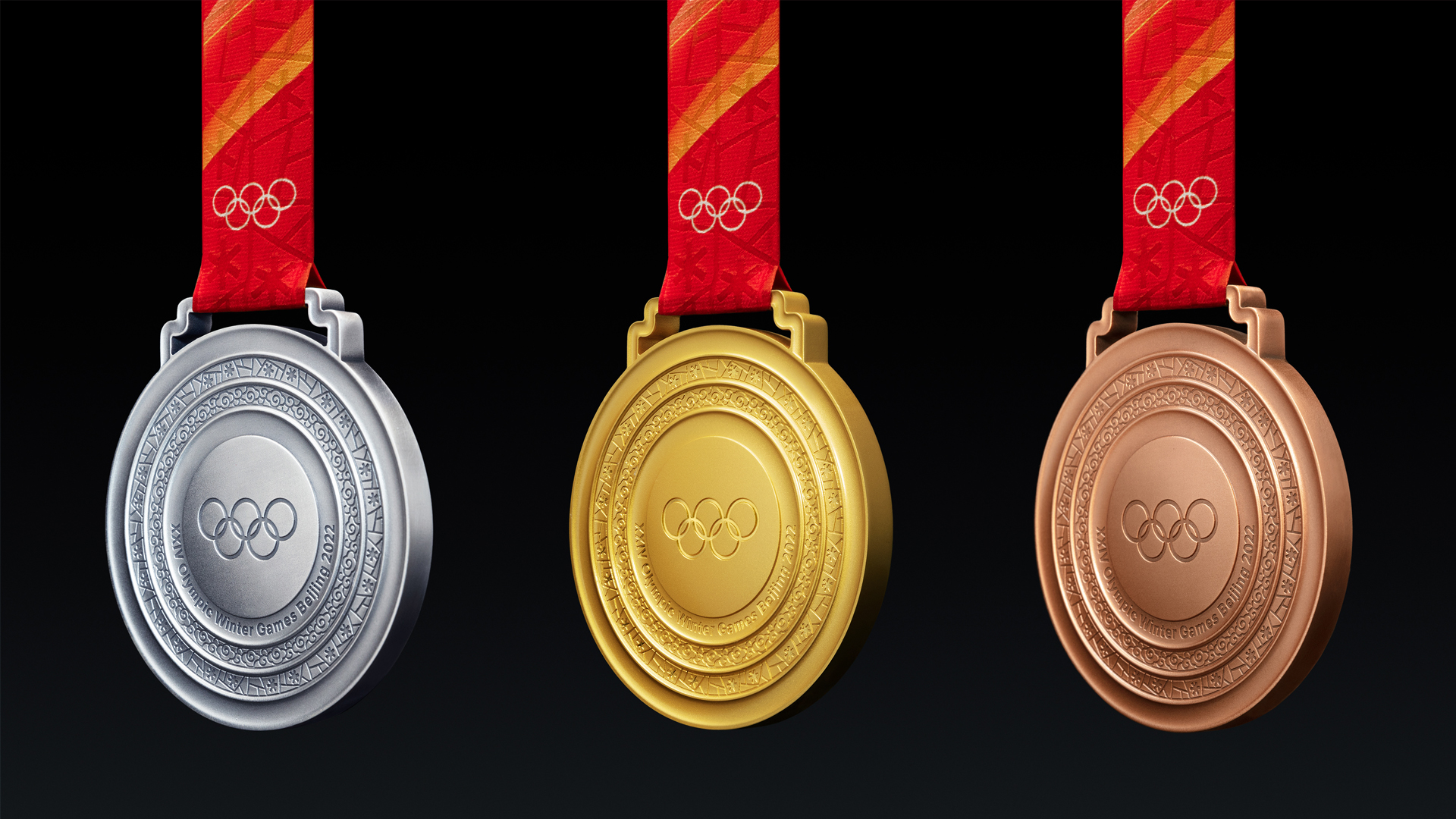
Last night, a documentary about the modern Olympic Games taught me something new. The modern Olympic Games used to award medals for art. Alongside the curling, hurdling and general running around, events were also held for artistic pursuits like sculpture. And this wasn't even a short-lived phenomenon – these events went on for the entire first four decades of its life, from 1912 to 1948 (see some of these logos from this period in our best Olympic logos roundup).
As long as the pieces were inspired by athletics, you could enter painting, sculpture, architecture, music and literature to be considered for gold, silver and bronze medals. This was inspired by the Ancient Olympic Games, which also saw artists competing alongside athletes. But why was this part of the games abandoned in 1948 – and is there a chance of creativity returning? We could so see a medal for on-the-spot graphic design or 3D modelling.

Though the inclusion of art was vitally important to the founder of the modern Olympic Games, Baron Pierre de Coubertin who (quite rightly in our humble opinion) saw it as the only way to display a truly well rounded picture of civilised culture, it was ditched mid-20th century. This means London was the last city to see the art awarded.
The then-President of the International Olympic Committee (IOC) was super-keen on the Olympics being as unswayed by money as possible, so the restrictions were that artists and athletes had to be of amateur status. This conflicted with an artist's need to make money from their art to, you know, survive and stuff – and led to the issue of the Olympic Medal being seen as an endorsement or advert for their work. So, in the end, the art events were scrapped in 1948.

So there you are. If you were living in the 36 years between the modern Olympic Games' inception and shortly after World War 2 (and you had an income stream aside from art) you could be the owner of an Olympic medal. For now you'll have to just admire these Olympic and Paralympic Games posters (and graphic designers can enter the Brand Impact Awards, of course).
Learn more about art at the Olympics at the Smithsonian website.







